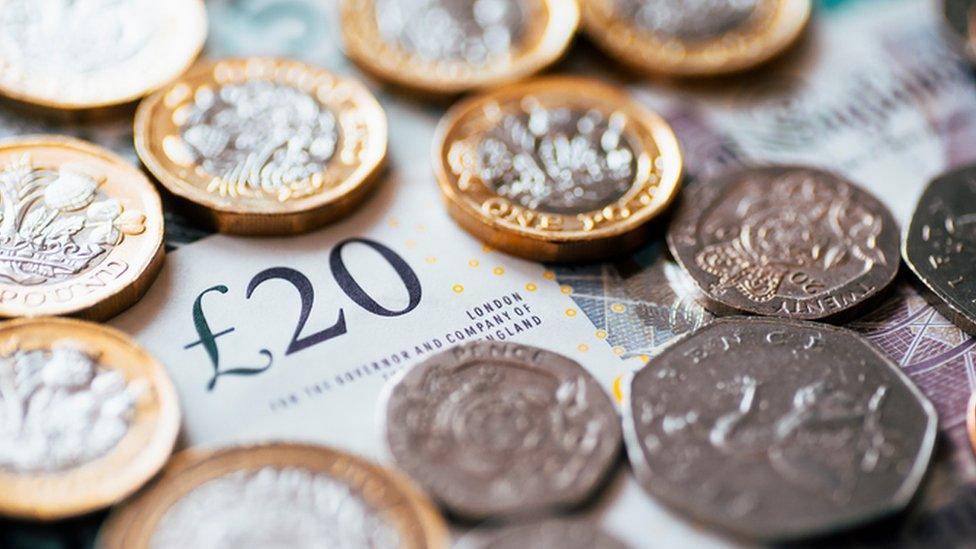Brexit: Stephen Crabb urges MPs to back May's deal
- Published
Theresa May: We have secured what MPs asked for
Ex-Conservative Welsh Secretary Stephen Crabb is urging Parliament to back Theresa May's Brexit deal later.
The prime minister has said she has secured "legally binding" changes after last-minute talks with the EU.
Preseli Pembrokeshire MP Mr Crabb said Brexiteers were "holding out for perfect but perfect isn't going to come".
But Welsh Government Brexit minister Jeremy Miles said Mrs May's latest statement did not change anything.
The prime minister said the changes agreed meant the Irish backstop - the insurance policy designed to avoid a hard border in Ireland - could not "become permanent".
However some leading Tory Brexiteers, and the DUP, who keep her government in power, have rejected the deal.
They said they were not convinced by the legal assurances Mrs May had secured.
The UK government's senior law officer, Attorney General Geoffrey Cox, published updated legal advice, external stating the new provisions "reduce the risk" of being "indefinitely and involuntarily" held in the backstop.
But he says "the legal risk remains unchanged", and the UK would have no legal means of exiting without EU agreement.
He later told MPs the question of whether a satisfactory post-Brexit deal on a permanent trading relationship could be reached remained "a political judgment" - and he said MPs should back the PM's deal.
The last time Mrs May's withdrawal agreement was put to Parliament in January, it was voted down by a margin of 230.
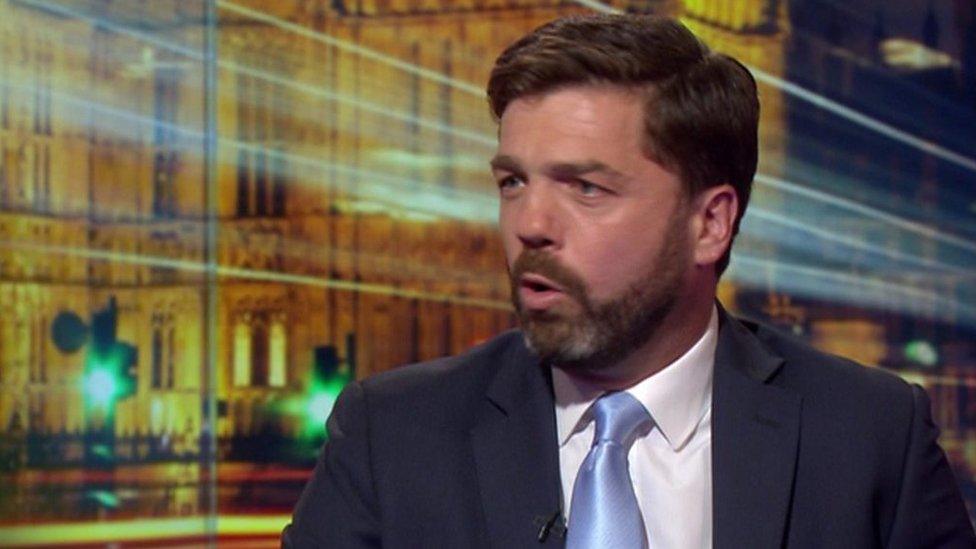
Stephen Crabb attacked Conservative MPs over the defeat of Mrs May's deal in February
Mr Crabb said the statement Mrs May had made on Monday night, "just underlines that the deal on the table is really the only show in town if the Commons is going to implement Brexit".
He said the ERG group of Brexiteer Tory MPs "need to think really long and hard about whether they want to keep blocking progress. They are holding out for perfect but perfect isn't going to come".
"Now we need to come together and get this done," he said.
Two documents were agreed after Mrs May flew to Strasbourg for talks with European Commission President Jean-Claude Juncker and EU chief Brexit negotiator Michel Barnier.
The first is a "joint legally binding instrument", external on the withdrawal agreement which the UK could use to start a "formal dispute" against the EU if it tried to keep the UK tied into the backstop indefinitely.
The other is a joint statement about the UK and EU's future relationship, external which commits to replacing the backstop with an alternative by December 2020.
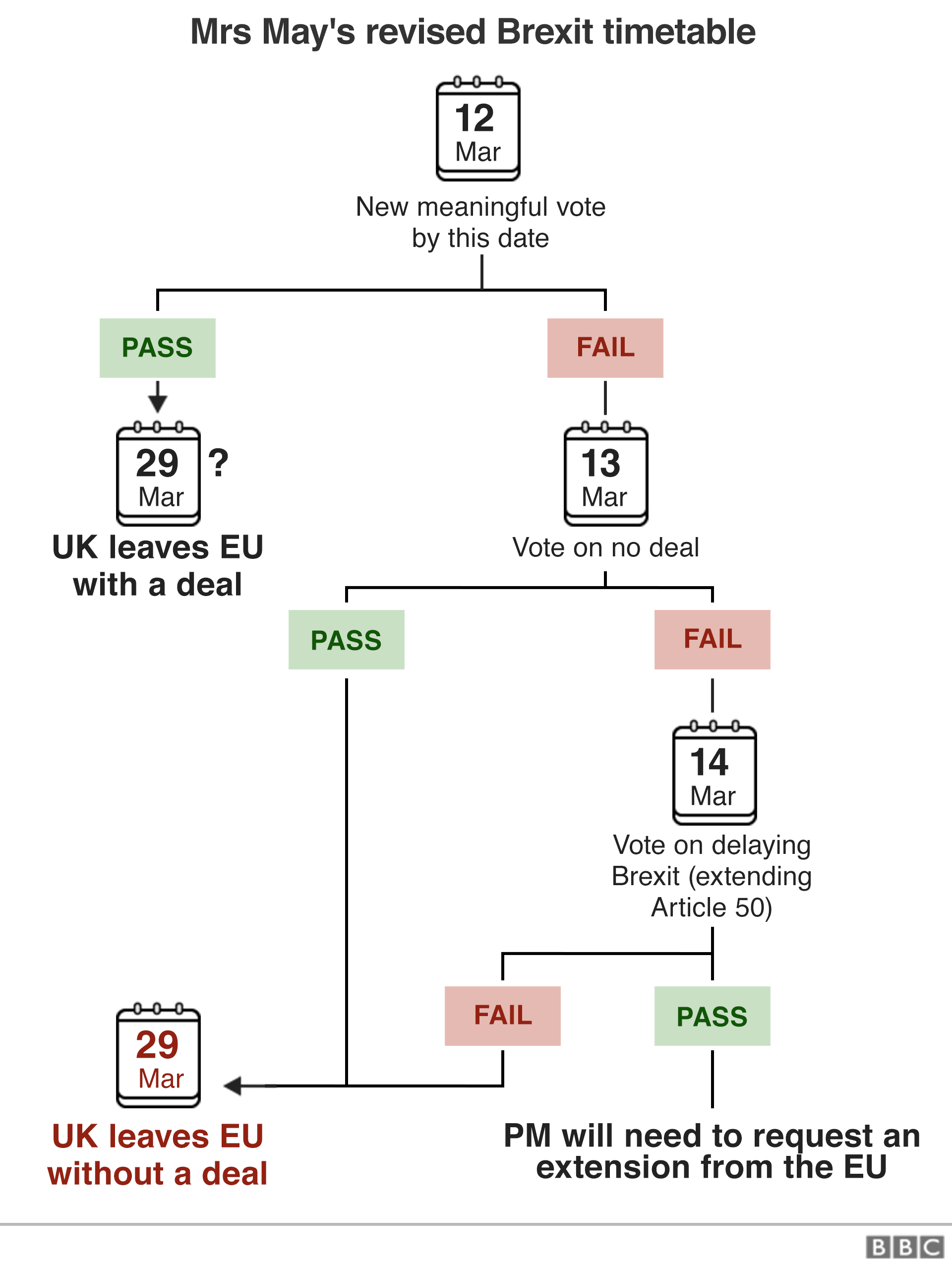
Current Welsh Secretary Alun Cairns said the deal now answered concerns many had raised.
"It allows us to be an independent trading nation, to maintain access to the EU market and stops us sending vast sums to Europe.
"In effect, it protects Welsh and UK manufacturing and agriculture.
"It also answers concerns that some felt that the UK will be trapped in the backstop. There is a clear legal mechanism that will protect UK interests."
But Welsh Government Brexit minister, Labour assembly member Jeremy Miles, told BBC Radio Cymru's Post Cyntaf programme: "The deal to be voted on is still a bad deal for Wales... the situation hasn't changed".
Speaking from Strasbourg, he said the prime minister should have been more flexible with regards to her demands from the European Union.
"I'm here in Strasbourg to convince other member states that there are people in Britain willing to negotiate an alternative agreement, which would strengthen the ability of businesses in Wales to continue to trade with other EU countries."
Torfaen MP Nick Thomas-Symonds, speaking in the Commons for Labour, said Mr Cox's advice sinks "the government's case of securing a right under international law to unilaterally exit the protocols arrangements".
"We've gone from having a nothing has changed prime minister to a nothing has changed attorney general," he added.
- Published12 March 2019
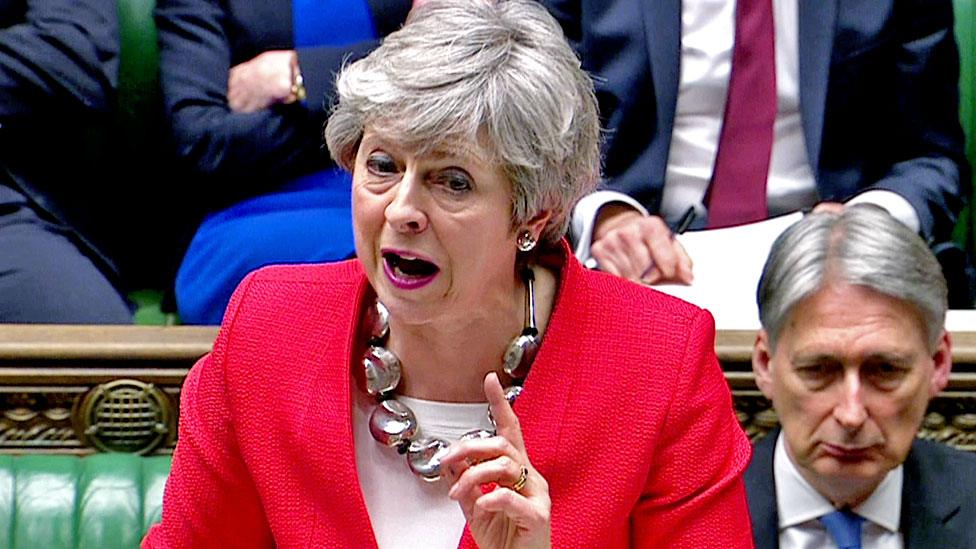
- Published14 February 2019

- Published5 March 2019
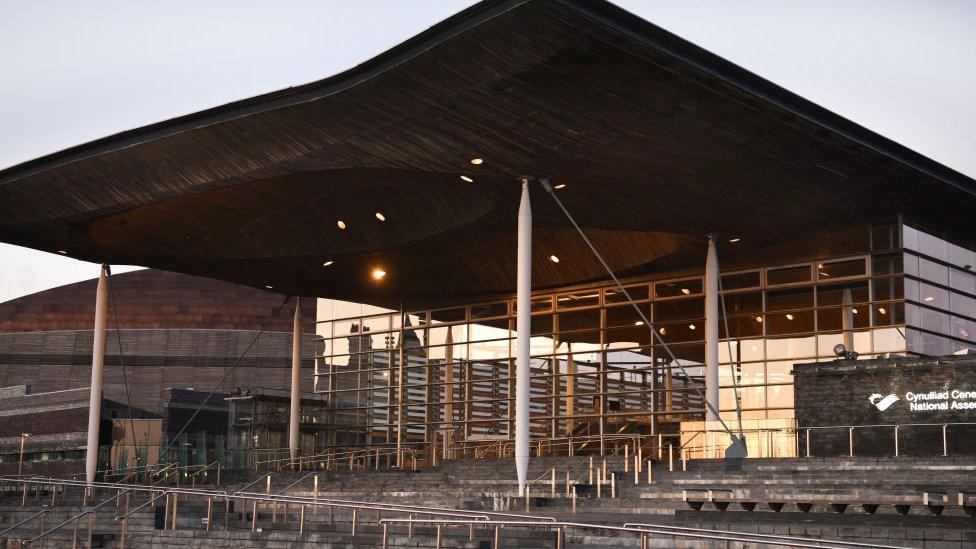
- Published4 March 2019
